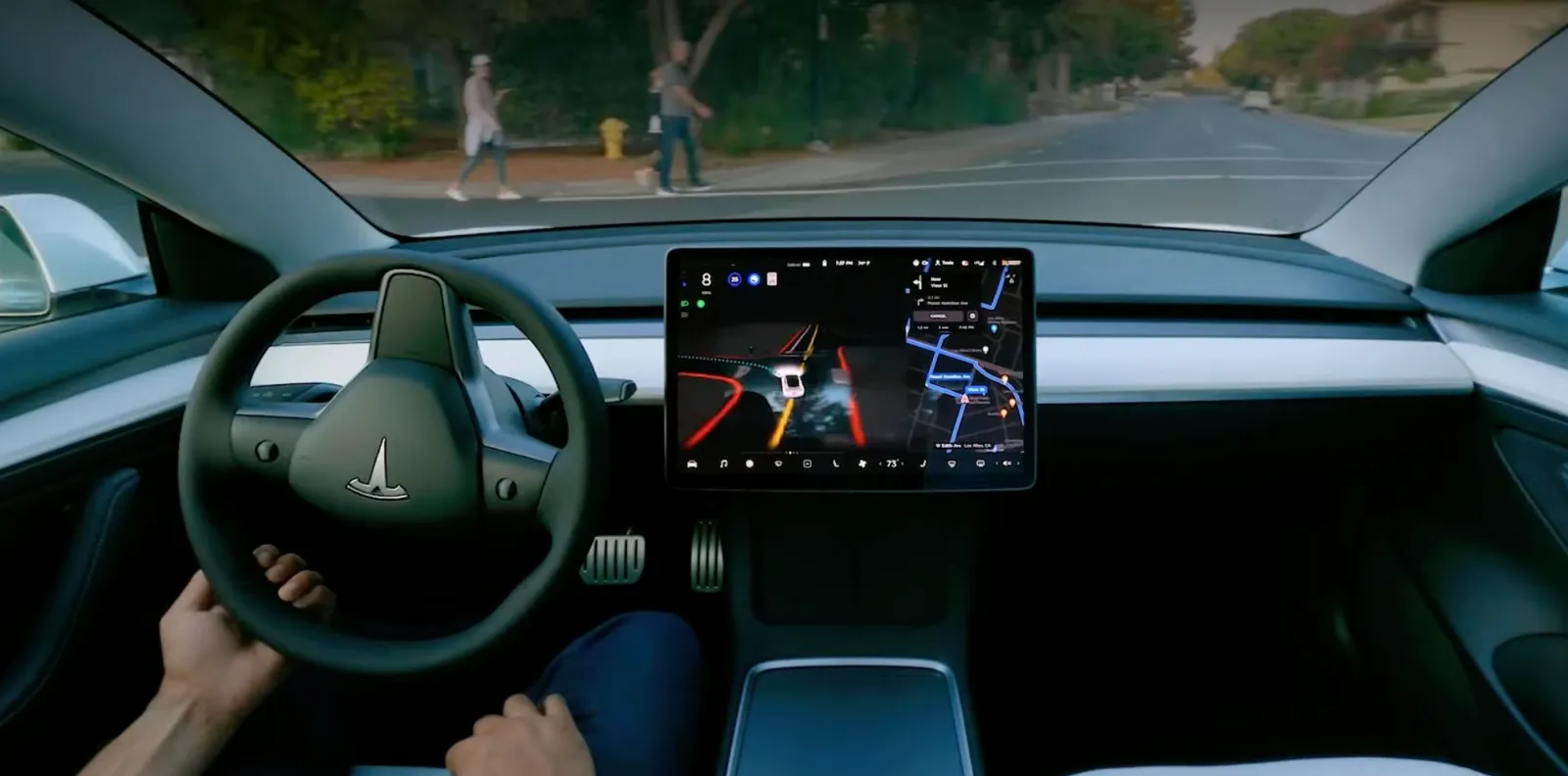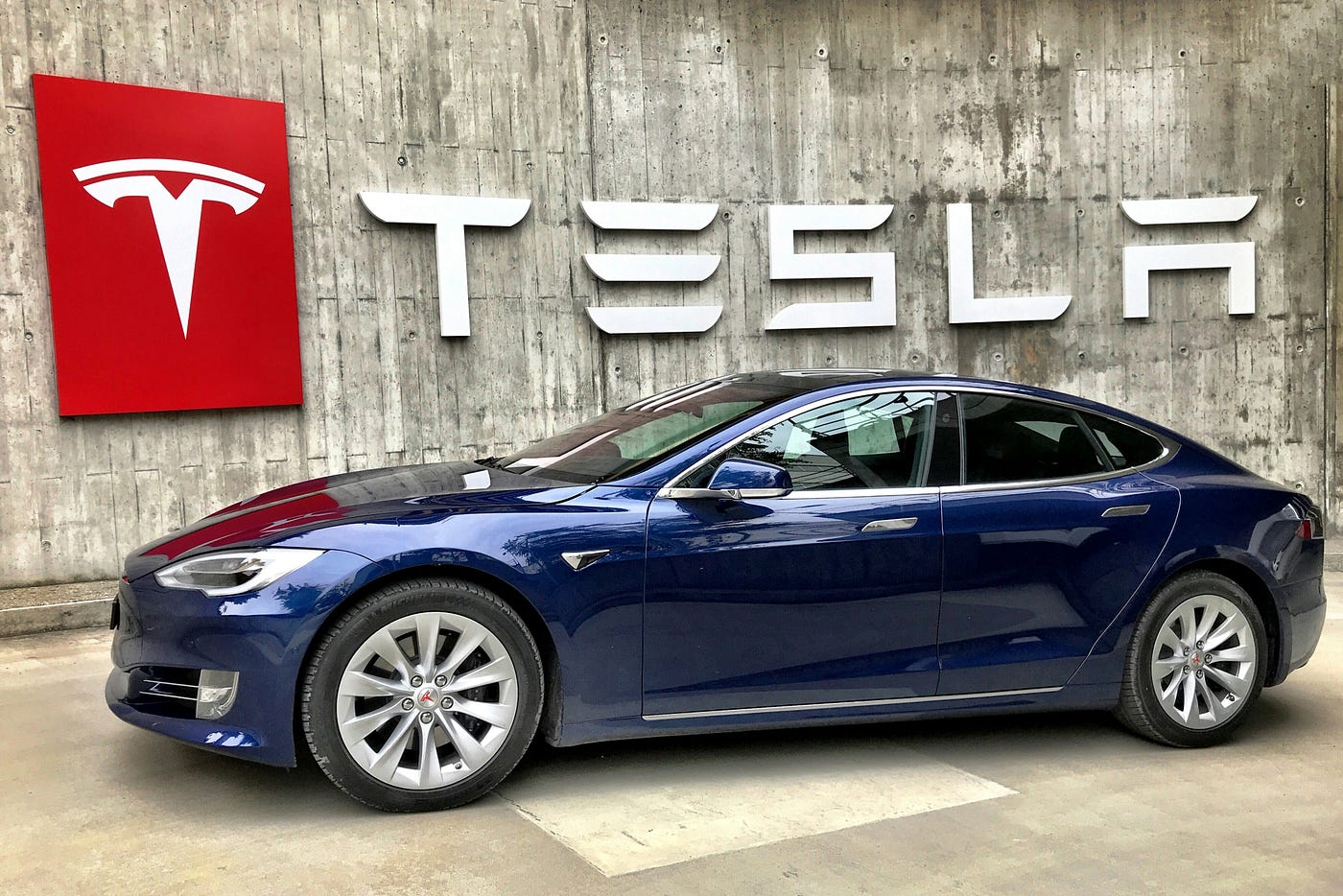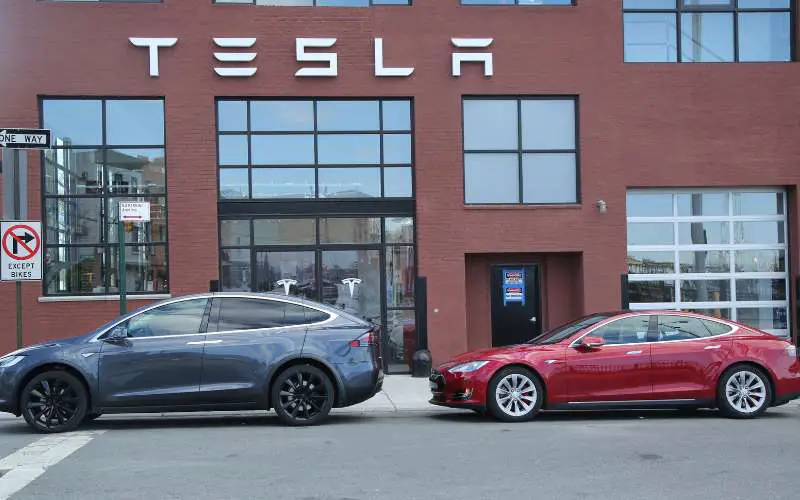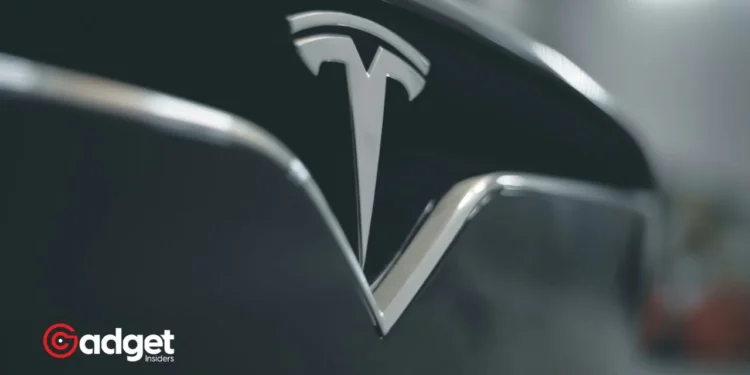In an era where technology seamlessly integrates into every aspect of our lives, the line between innovation and vulnerability often blurs. Tesla, the trailblazer in electric vehicle (EV) manufacturing, has once again demonstrated its unyielding commitment to cybersecurity by turning potential threats into opportunities for collaboration.
In a remarkable move, Tesla has awarded $200,000 and a brand-new Model 3 to a group of white hat hackers for uncovering a new exploit within its vehicles’ systems. This event underscores the company’s proactive stance in harnessing the skills of ethical hackers to fortify its vehicles against cyber threats.
The Stage is Set: Pwn2Own 2024
The backdrop for this groundbreaking discovery was the 2024 Pwn2Own event in Vancouver, a competition that has become synonymous with cutting-edge cybersecurity research. Pwn2Own offers a platform for security experts to showcase their prowess by identifying vulnerabilities in some of the most sophisticated technologies, including Tesla’s fleet of electric vehicles.
It is here, amid the fervor of competition, that a team named Synacktiv rose to prominence by successfully hacking into the electronic control unit (ECU) and vehicle CAN BUS.
Their reward? A hefty cash prize and the keys to a brand-new Model 3 are a testament to Tesla’s appreciation for their invaluable contribution to the vehicle’s security.

Tesla’s Cybersecurity Crusade
Tesla’s engagement in the Pwn2Own event is not a standalone endeavor but part of a broader strategy to stay ahead of cybersecurity threats. The automotive industry’s shift towards connectivity and autonomous driving has exponentially increased the risks of cyber attacks.
By collaborating with the cybersecurity community and rewarding the discovery of vulnerabilities, the EV giant not only enhances the security of its vehicles but also fosters an environment of continuous improvement and innovation.
This approach is a clear indication of Tesla’s foresight, and understanding that safeguarding against cyber threats is paramount to maintaining customer trust and ensuring the long-term success of electric and autonomous vehicles.

Elon Musk’s Vision of Cyber Resilience
Tesla’s CEO, Elon Musk, has been vocal about the potential dangers of cyber attacks, especially those targeting autonomous vehicles. He has highlighted the catastrophic implications of a “fleet-wide hack,” which could undermine the safety and reliability of the company’s autonomous technology.
This concern is not unfounded, as The EV giant has faced hacking attempts in the past. For instance, Belgian researchers once managed to infiltrate a Model X using copied keys, and in 2019, another team of hackers was rewarded with $375,000 and an electric car for cracking the infotainment system of a Model 3.
These incidents illustrate the constant battle between innovation and security, a battle Tesla is determined to win.
A group of hackers who exploited the ECU in a Tesla won a Model 3 and cash at the 2024 Pwn2Own event in Vancouver.https://t.co/fvoy8wiMyq
— Tech Times (@TechTimes_News) March 21, 2024
The Road Ahead: Safety, Security, and Innovation
Tesla’s strategy of incentivizing white hat hackers goes beyond merely fixing vulnerabilities. It represents a paradigm shift in how automotive companies approach cybersecurity.
By embracing the skills of ethical hackers, Tesla not only strengthens its defenses but also contributes to the advancement of cybersecurity research. This joint effort between the automotive industry and the cybersecurity community is essential for the creation of vehicles that are safer and more secure.
It also paves the way for a future in which innovation and security will go hand in hand, driving forward together.

Tesla’s recent reward to hackers is a powerful statement of its dedication to cybersecurity. As the automotive industry evolves, Tesla’s innovative approach serves as a blueprint for others, highlighting the importance of collaboration, proactive security measures, and the relentless pursuit of excellence in safeguarding the future of mobility.










